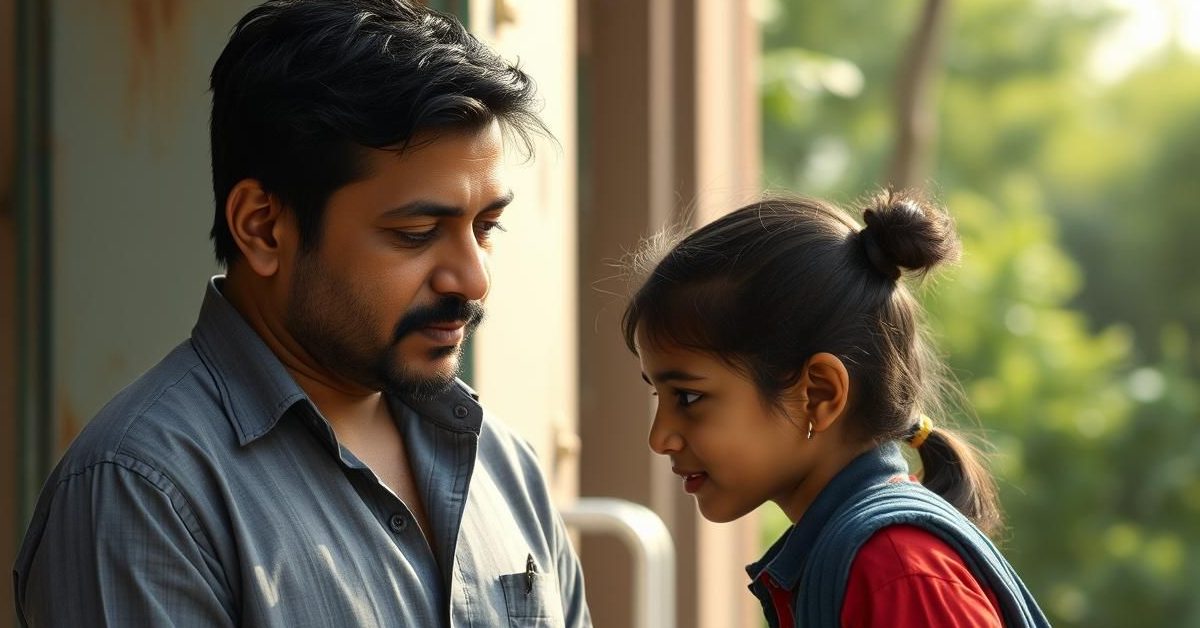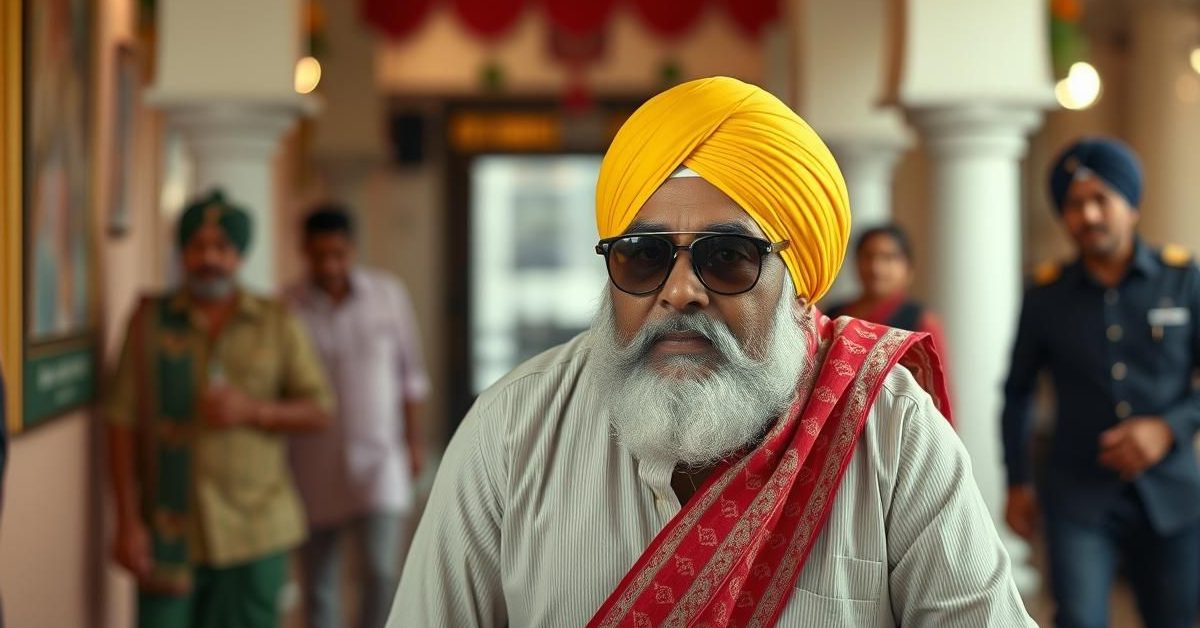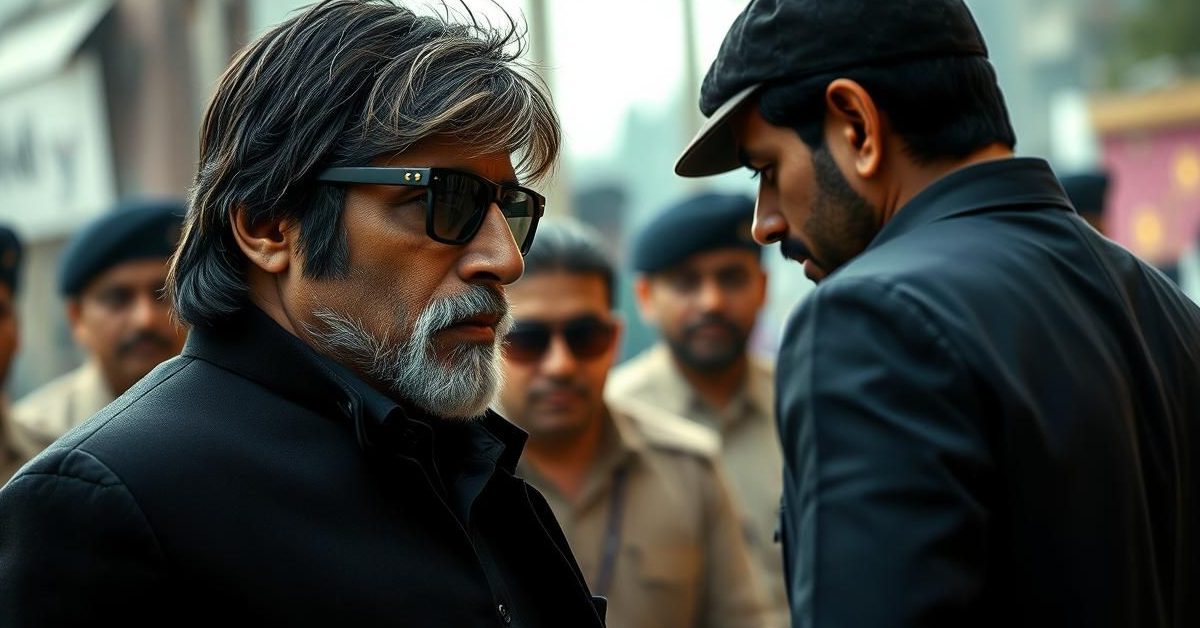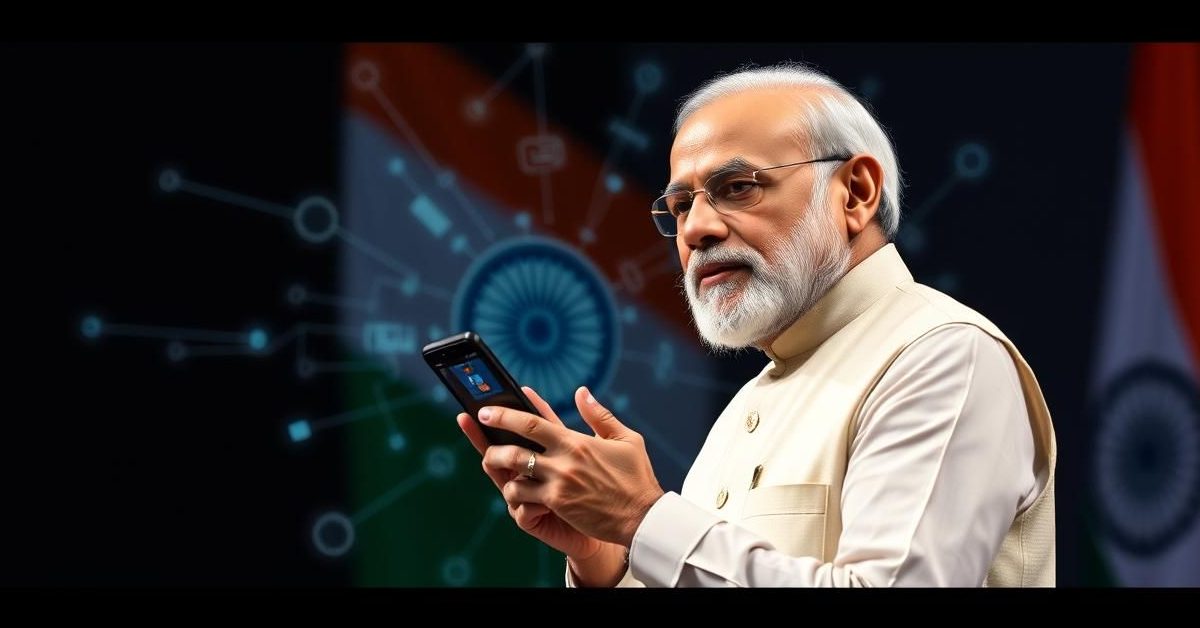An Enduring Connection: Tess Joseph’s Journey with Aamir Khan and the Echoes of ‘Taare Zameen Par’
Renowned casting director Tess Joseph’s professional path first intertwined with Bollywood icon Aamir Khan during the production of AR Murugadoss’s 2008 action blockbuster, *Ghajini*. Though she served as an Assistant Director on that high-octane project, Joseph distinctly recalls Khan’s inquisitive nature, even amidst a commercial potboiler. Yet, it was a year prior, in 2007, when Khan donned the director’s hat for the poignant coming-of-age classic *Taare Zameen Par*, that his work left an indelible mark on Joseph.
“I first encountered *Taare Zameen Par* during a pivotal time in my life, having just moved away from home,” Joseph reflects. “The film resonated deeply, offering answers to many questions and re-connecting me to my roots and family in a uniquely profound way.” She further reveals an even more personal layer to the film’s impact: “Being mildly dyslexic myself, often mixing up numbers and letters, the story hit incredibly close to home.”
The Spiritual Sequel: Bringing ‘Sitaare Zameen Par’ to Life
Over a decade later, fate would bring Tess Joseph back into Aamir Khan’s orbit, this time as the casting director for *Sitaare Zameen Par*. Directed by RS Prasanna, this eagerly anticipated film is considered a spiritual successor to *Taare Zameen Par*, with Khan also starring in it. In a candid conversation, Joseph shares insights into the intricate process of casting the neurodivergent “Sitaare” – the stars – for the film, her experience collaborating with Aamir Khan, and the profound potential for this film’s success to pave new avenues for the neurodivergent community within the Hindi cinema landscape.
A Marathon of Trust: Navigating the Unique Casting Process
The casting journey for *Sitaare Zameen Par* was, by all accounts, an extensive one. Joseph emphasizes that the collective intention of the team – comprising director RS Prasanna, Aamir Khan, and herself – was perfectly aligned from the outset. This shared vision, she explains, fueled a blend of passion and unwavering patience. “When you have that foundational alignment,” Joseph asserts, “the casting process can be long, layered, and profoundly driven by love.”
She poignantly describes the dynamic: “If anyone was truly ‘auditioning,’ it was us. We were being assessed by all the parents.” It wasn’t until after intensive workshops that parents expressed their complete trust, witnessing their children blossom. “We didn’t just build a cast; we cultivated trust,” Joseph proudly states, highlighting the film’s deeply empathetic approach.
Unearthing Brilliance: The Elusive Spark in Every ‘Sitaara’
The initial call for auditions was broad and inclusive, inviting any young, enthusiastic individual from the neurodivergent community to share a performance they cherished. The response was overwhelming, transforming from a mere trickle into a veritable “waterfall of tapes” – thousands pouring in from across India.
Joseph recounts some memorable early submissions: Simran, who would later embody Golu Khan, delivered the iconic ‘Ek Chutki Sindhoor’ monologue from *Om Shanti Om*. Aroush, destined to play Satbir, presented a captivating double-character Bollywood scene. Rishabh and Vedant (Raju and Bantu, respectively) showcased their dancing prowess, while Rishi (Sharmaji) impressed with a keyboard mime.
What united these diverse talents wasn’t a specific character type, but rather an undeniable “spark” or intrinsic “presence.” “Each actor brought something authentic and deeply rooted,” Joseph notes. Their shared characteristic was an infectious joy for performance and an eagerness to explore new avenues. Despite the film’s physical demands, the team was never concerned about communication barriers, confident they would find a way. Ultimately, the inherent personalities, even the unique phrases, of these remarkable individuals found their way into the final cut, enriching the narrative.
A Pan-India Quest: Reaching Every Corner for Talent
The search for the “Sitaare” was truly nationwide. The casting team actively collaborated with institutes, therapists, schools, colleges, and organizations like ADAPT (Able Disabled All People Together) across both metropolitan hubs and smaller towns. They even leveraged platforms like Instagram, specifically reaching out to @bubble.ds.
“Our focus was never on geography, but on visibility,” Joseph explains. Whether a child resided in Kerala, Assam, Bihar, or Delhi, the team was committed to ensuring they had an opportunity to be seen. This extensive outreach resulted in a truly representative cast, with Gopi (Guddu) hailing from Kerala, Naman (Hargovind) from Delhi, and Rishabh from Bengaluru. This diverse tapestry of talent underscores the film’s commitment to reflecting the country’s rich diversity.
Aamir Khan’s Unwavering Trust: A Beacon for Authentic Casting
Aamir Khan’s involvement in the casting process was profound and hands-on. “He was part of everything,” Joseph enthuses, praising his deep engagement. She highlights a rare commitment from the production company: “Most companies wouldn’t fly a large shortlist to Mumbai, but here, they brought in more candidates than strictly necessary for extensive workshops and collaborative learning.”
Khan’s presence was not just active but also profoundly respectful. He participated in workshops, reviewed audition tapes, and provided thoughtful feedback. What resonated most deeply with Joseph was his absolute trust. “He never imposed himself,” she recalls. “It’s truly rare for someone of his stature to so courageously declare, ‘Go ahead and cast this authentically; I’m here to support you.'” This empowering approach allowed Joseph and her team the freedom to pursue the most genuine talent.
Beyond the Screen: Opening Doors for Neurodivergent Actors in Hindi Cinema
Witnessing *Sitaare Zameen Par* come to life, Joseph was struck by the transformative power of genuine representation. It’s not merely the primary “Sitaare” but every child on screen – from the “Nanhe Khiladi” to every match and team – all portraying neurodivergent individuals. “This is representation not as a mere checklist, but as a profound responsibility,” she emphasizes.
Joseph holds cautious optimism that the film’s success will indeed open more doors for neurodivergent actors in Hindi cinema. While hopeful, she remains watchful, noting that “hope must be followed by habit.” She acknowledges the audience’s readiness for such narratives but poses a crucial question: “Are *we* ready to tell more stories of this nature?” She views RS Prasanna and Aamir Khan as “lighthouses” guiding the industry forward.
“Sitaare Zameen Par” should not be an anomaly, but rather the genesis of a new industry standard. Joseph advocates for authenticity, care, and sufficient time as non-negotiables in future productions. She champions the practice of workshops before formal auditions, particularly for communities historically lacking access to artistic training. “This truly fosters equity over mere equality,” she asserts, “leveling the playing field before inviting people to play.”
The Perfect Ensemble: Casting Supporting Pillars and Collaboration
The film’s supporting cast, notably Dolly Ahulwalia and Brijendra Kala, who portray a charmingly unconventional couple, also received high praise. “Aren’t they amazing?” Joseph exclaims. “And what an unlikely pair to see on screen!” Their casting perfectly encapsulates the film’s central theme of “Sabka Apna Apna Normal,” explored through diverse characters.
While Tess Joseph’s team initiated the casting early on, she extends significant credit to Anmol Ahuja and Casting Bay for their seamless collaboration in completing the ensemble. “We passed on the baton, and they did an amazing job,” she says, emphasizing the ideal collaborative spirit. From finding Ashish (Sunil), the missing piece among the “Sitaare,” to casting crucial secondary and tertiary characters, it was a collective effort spearheaded by Anmol, Aamir, and Prasanna.
Auditions for All: Aamir Khan’s Level Playing Field
The practice of established actors, such as Kareena Kapoor for *Laal Singh Chaddha* and Genelia D’Souza for *Sitaare Zameen Par*, auditioning for their roles might seem unusual, but Joseph reveals it’s a practice Aamir Khan champions. “Aamir loves auditioning! This is the absolute truth. He’s always game,” she reveals.
This approach, Joseph believes, effectively “levels the playing field,” shifting the focus from industry hierarchy to genuine harmony and chemistry. Khan’s deep conviction in the story drives this philosophy. “When he invites established actors to audition, it sends a very clear message: we are all here to serve the story best,” she explains. He embraces lengthy auditions, and for many, it’s a true delight to witness a star of his magnitude openly discuss his own auditioning process for every role he undertakes.
The Magic Touch: Aamir Khan’s Unparalleled Connection with Child Actors
Aamir Khan’s filmography is punctuated by remarkable performances from child actors, from Darsheel Safary in *Taare Zameen Par* to Zaira Wasim in *Dangal* (2016) and *Secret Superstar* (2017). Joseph attributes this consistent excellence to Khan’s inherent nature.
“Aamir is, in the best possible way, a bit of a child himself,” she muses, highlighting his intuition and boundless curiosity. He possesses an uncanny ability to listen more than he reacts, bringing a palpable softness into any room he enters. Joseph recalls his gesture of hugging each child during their first workshop, a testament to his sincerity in observing and connecting, especially with children. He doesn’t rush into performance or presentation; instead, he meticulously builds every aspect, from characters to relationships.
Discovery is paramount to Aamir Khan, not only in the narrative but also in the people around him. Joseph believes this makes him an “eternally learning student,” and perhaps why children respond to him so instinctively. “They feel seen, not judged,” she concludes. Furthermore, Khan carefully surrounds himself with individuals who share his energy – like RS Prasanna and a dedicated crew – who protect the film’s ethos and core intention. This nurturing environment allows the children to feel secure, enabling them to “become” their characters rather than merely “acting.” In Aamir Khan’s films, child actors are never relegated to secondary roles, serving as mere catalysts, conveniences, or comic relief. Instead, they consistently emerge as the very heartbeat and soul of the cinematic experience.















